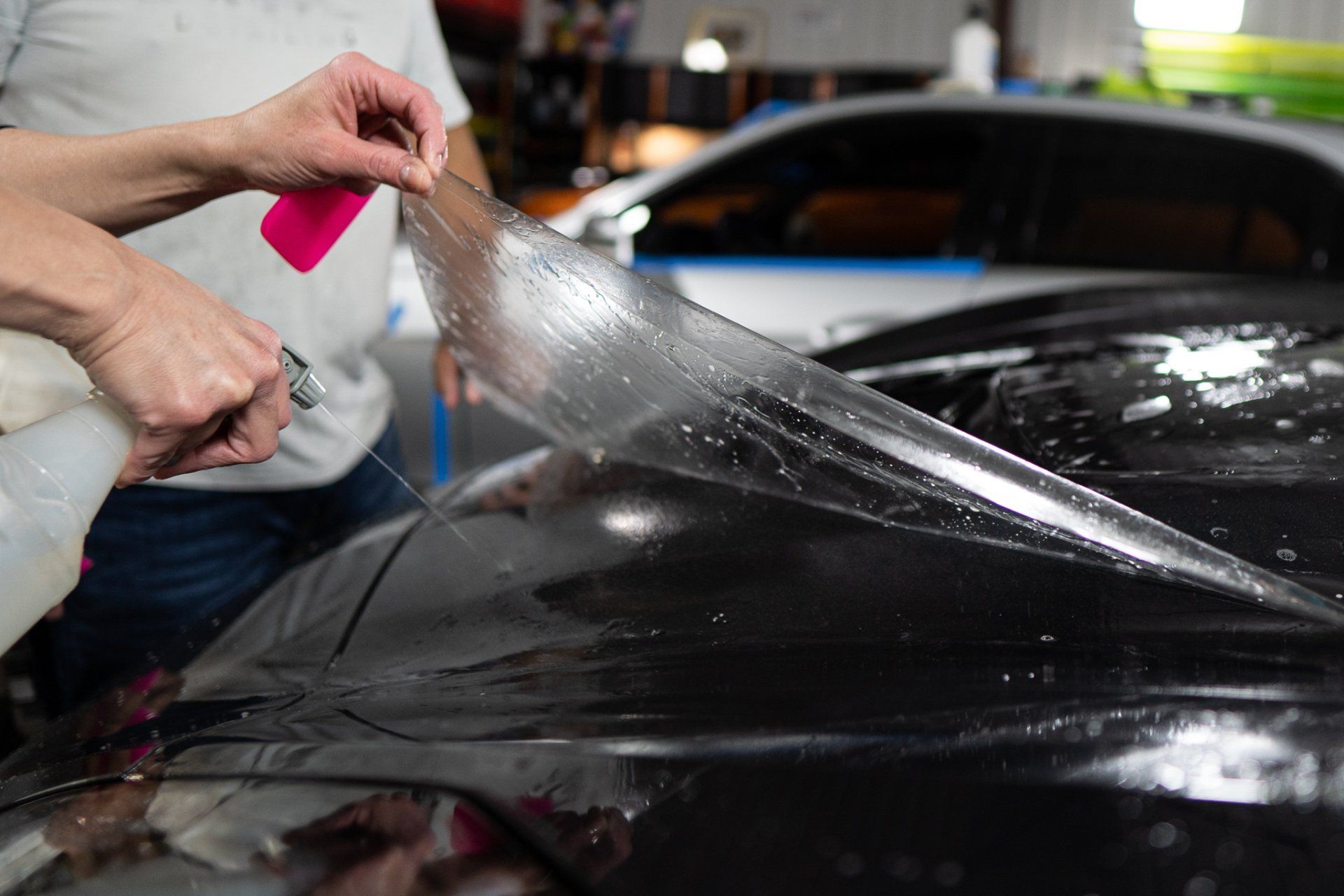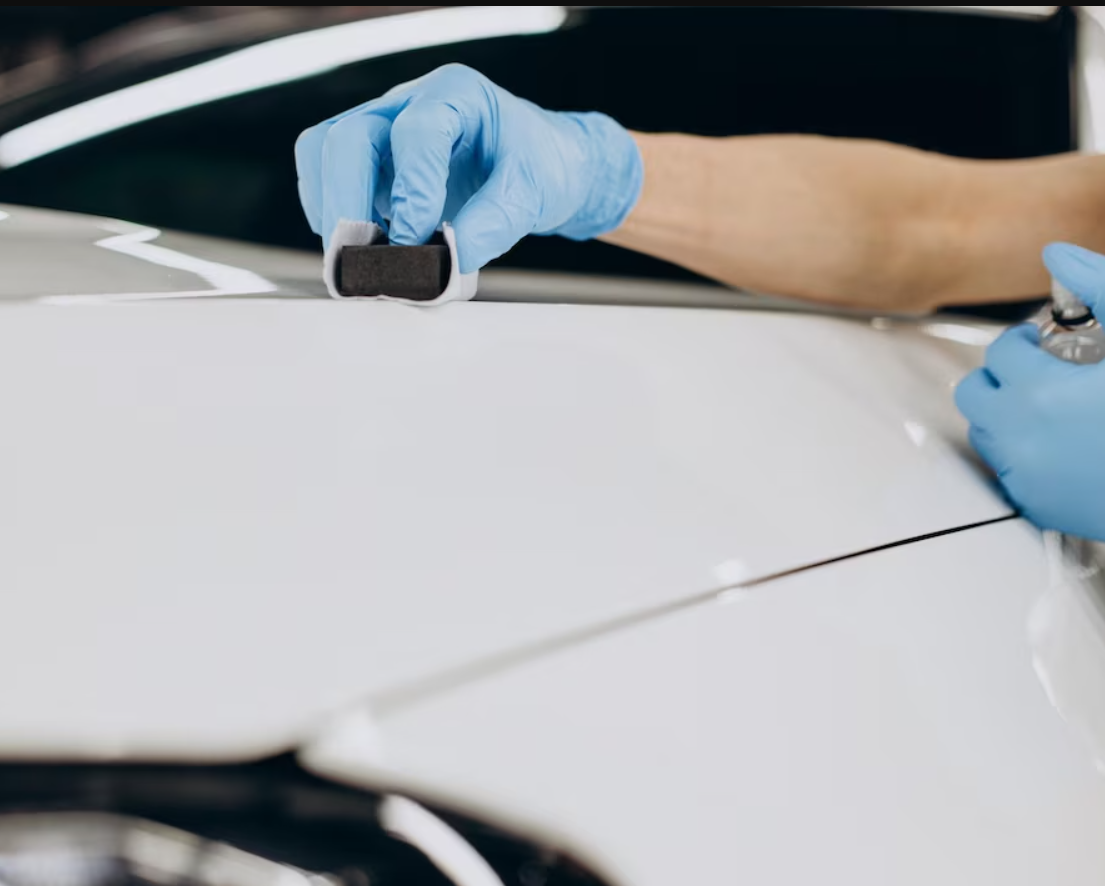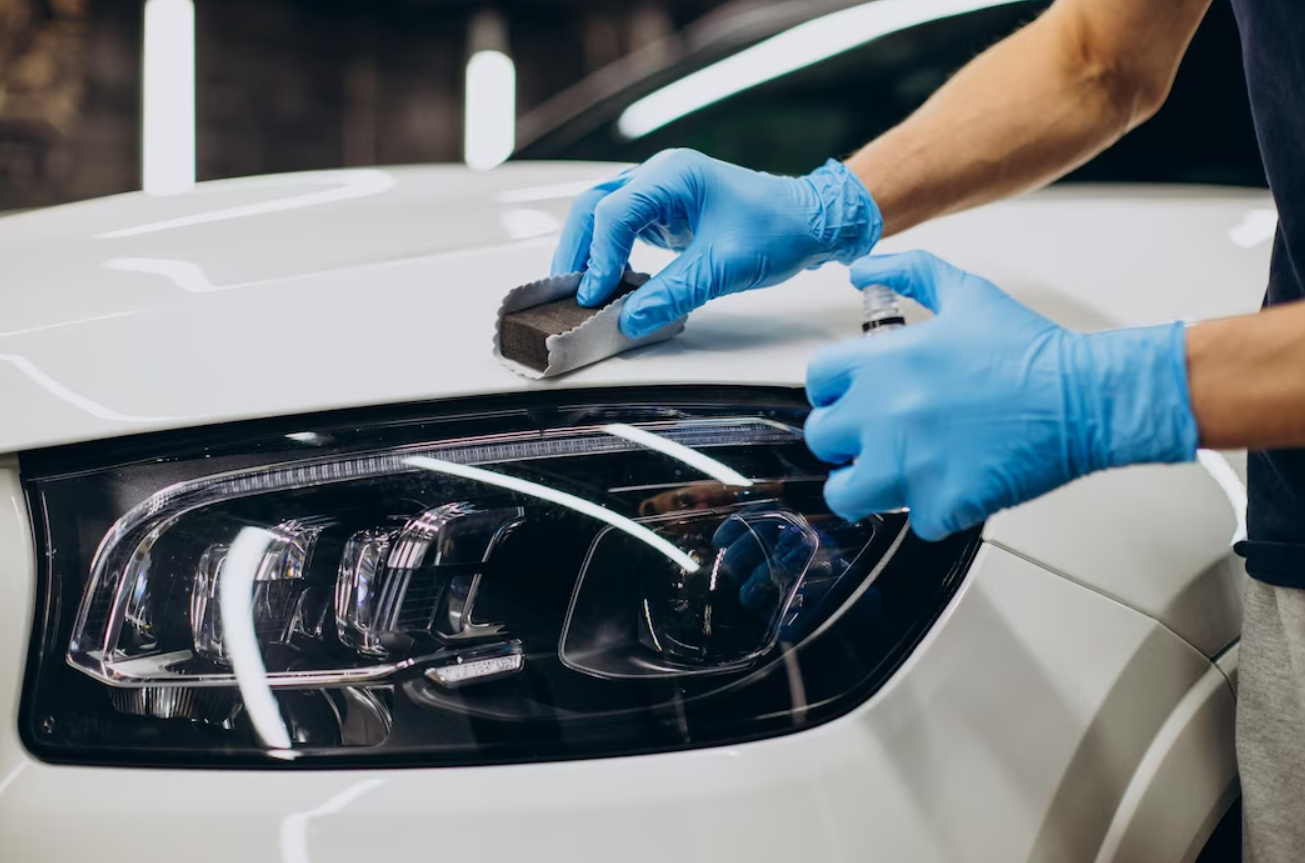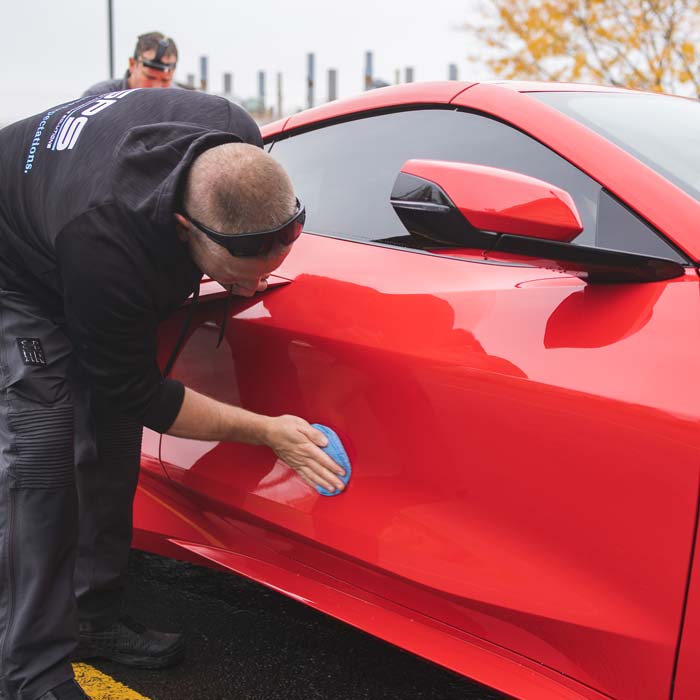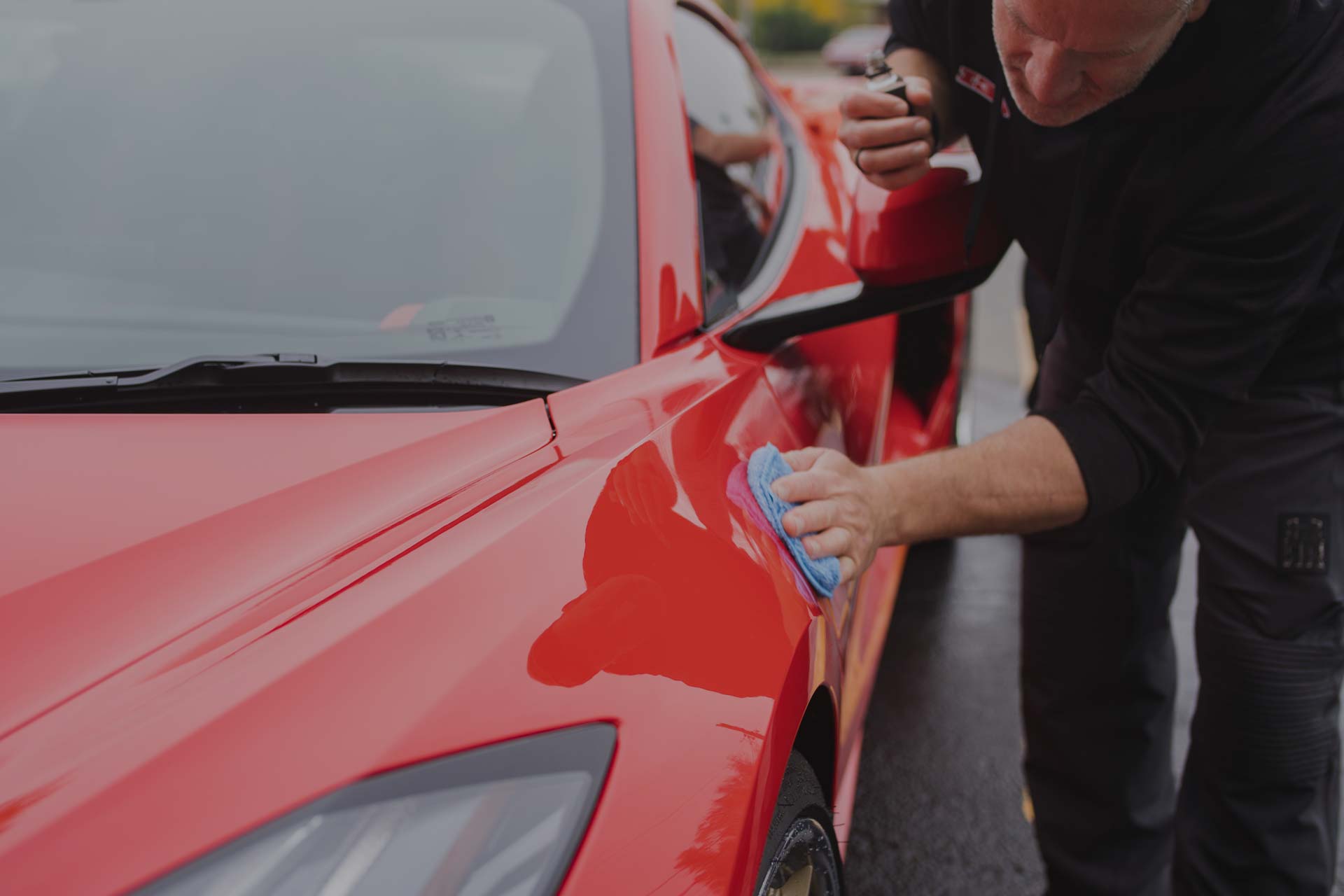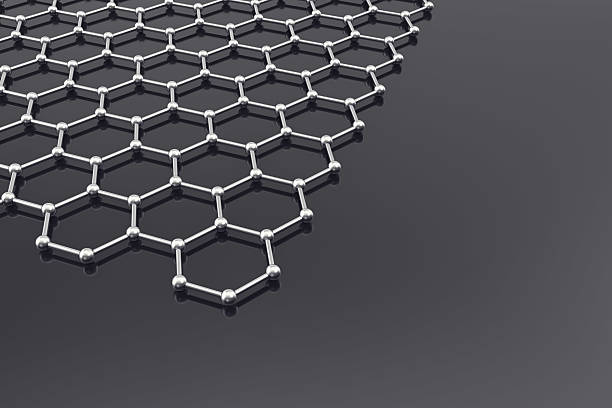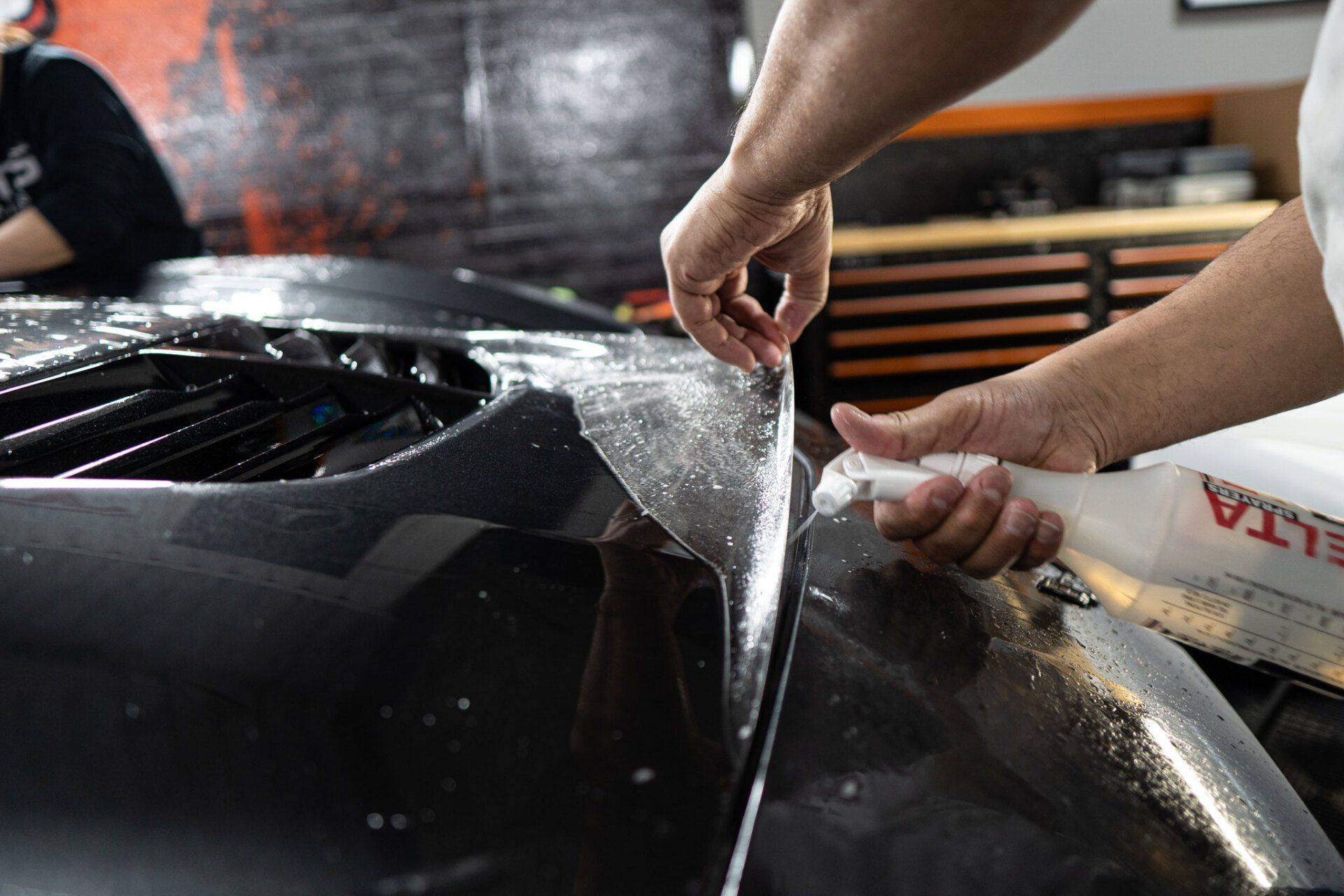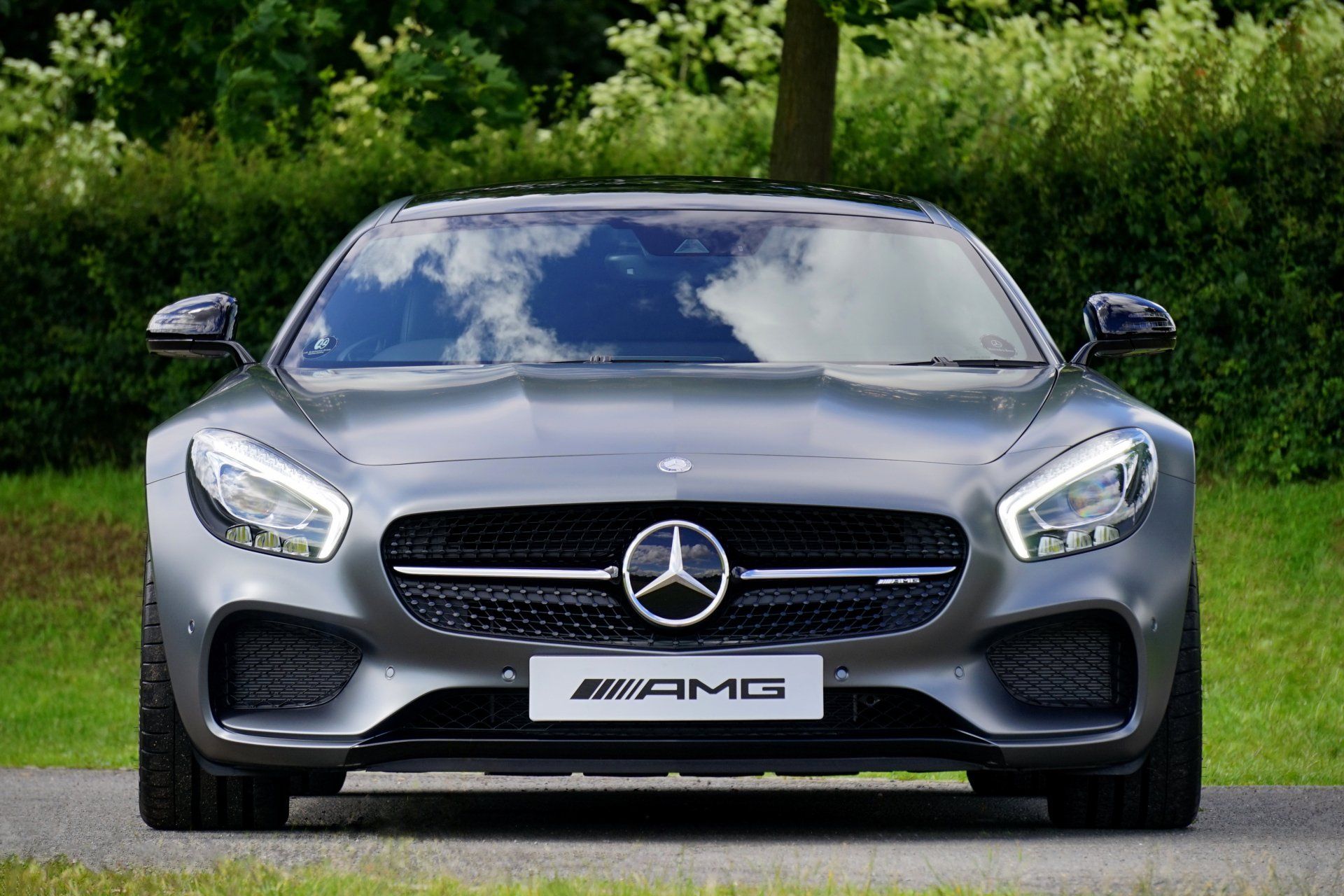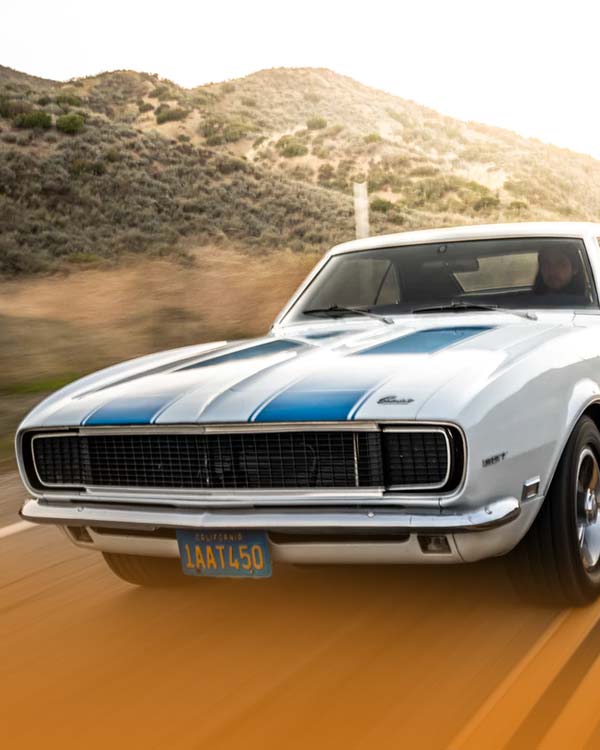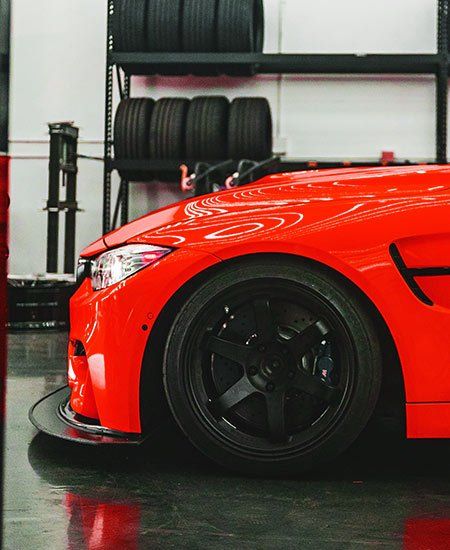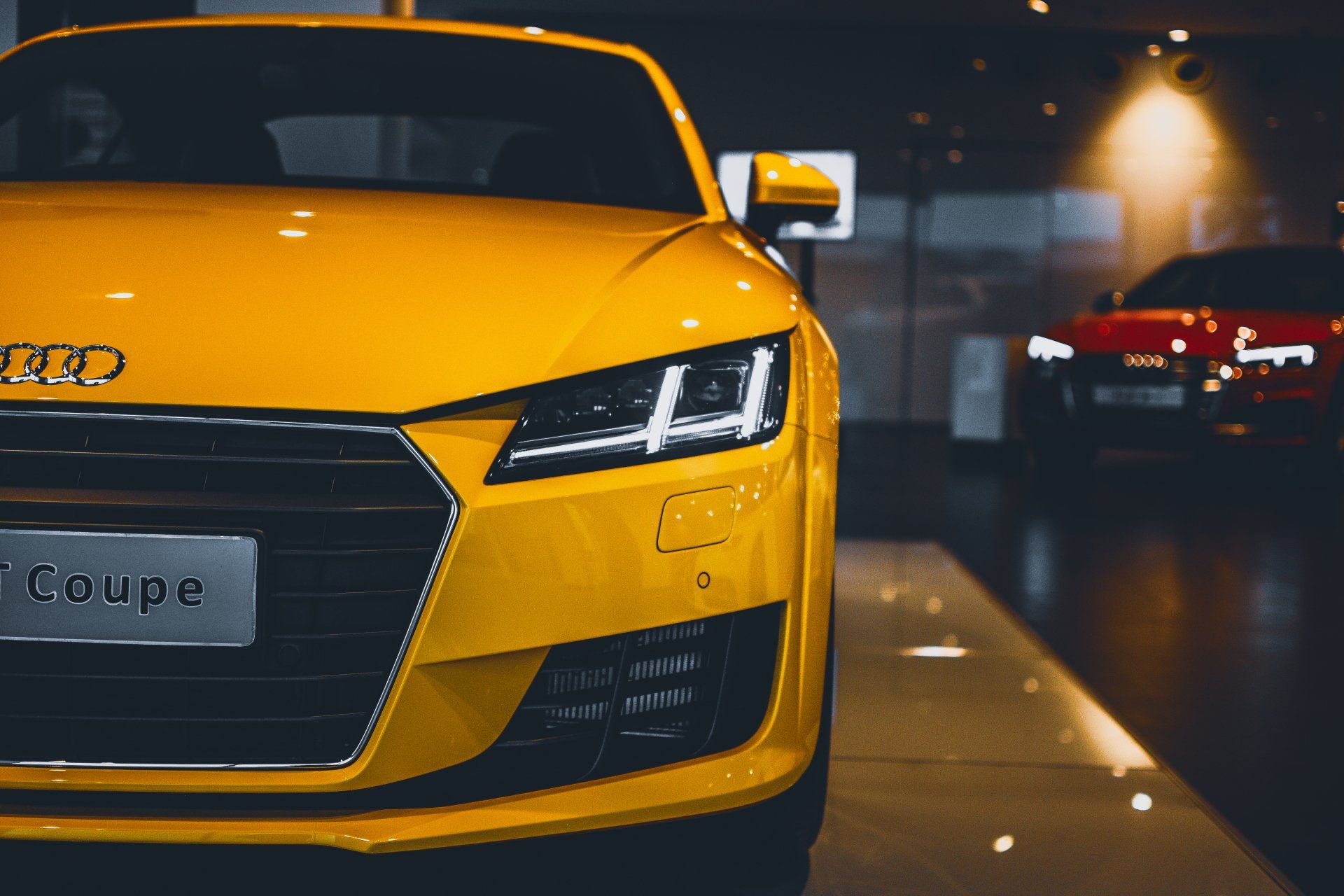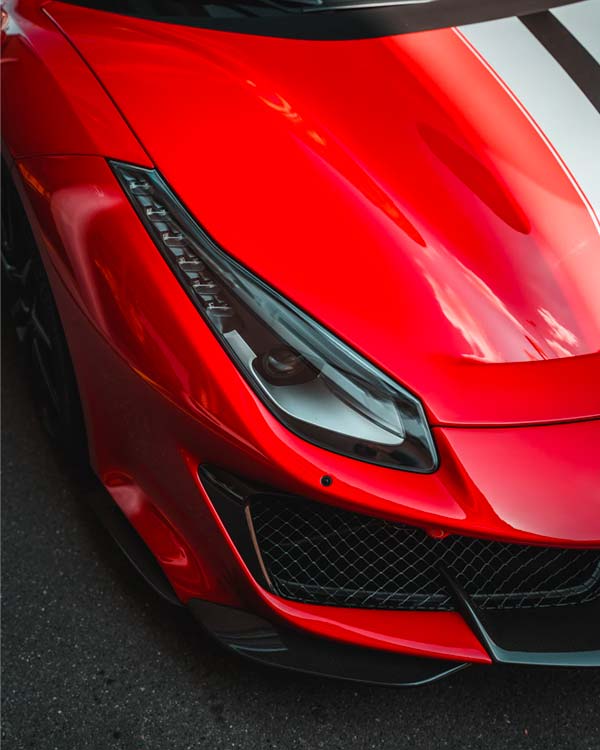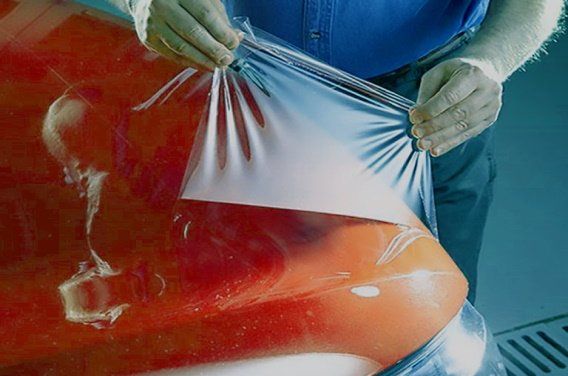Debunking Common Ceramic Coating Myths: Unveiling the Truth
Many beliefs about ceramic coatings are just tales, not facts. Contrary to popular opinion, ceramic coatings don't make a car rock chip resistant or fireproof, and they certainly aren't only for lazy car owners. Strangely enough, these coatings do not heal themselves and a ceramic-coated car still needs regular washing. And while you might think new cars don't require any prep work before applying a ceramic coating, that's another myth. So let's delve deeper into this topic together and clarify what ceramic coatings can actually do for your car.
One common myth is that ceramic coatings make a car rock chip resistant. However, this is untrue, as rock chip resistance requires a different material, like paint protection film (PPF). Another myth is that ceramic coatings are self-healing, but in reality, they do not possess this property. It's important to separate fact from fiction when considering ceramic coating for your vehicle.
Common Misconceptions About Ceramic Coatings
Ceramic coatings have sparked significant interest and, along with that, generated a fair share of myths. Let's address these myths one by one.
Myth #1: Ceramic Coatings Make a Car Rock Chip Resistant
It's a common misconception that ceramic coatings render a car immune to scratches and rock chips. While ceramic coatings provide protection against various environmental elements, including dirt, UV rays and other contaminants, they do not offer total resistance to scratches and rock chips. For complete rock chip protection, paint protection film is the recommended solution.
Myth #2: Ceramic Coatings are Chemically Resistant to a Certain Extent
To protect the car's clear coat from harm from harsh chemicals, ceramic coatings offer chemical resistance. However, this resistance has its limits, and exposure to extremely potent or abrasive chemicals can still harm the coating. One must exercise caution and avoid using harsh chemicals when cleaning a vehicle treated with a ceramic coating. While it offers a level of protection, taking care with the use of chemicals will help maintain the coating's efficiency and longevity.
Myth #3: Ceramic Coatings are Self-Healing
Contrary to some claims on the market, ceramic coatings are not self-healing. The misconception arises from the coating's ability to resist environmental contaminants. However, your ceramic-coated vehicle cannot avoid scratches and rock chips, as previously mentioned. It is recommended to have a paint protection film installed on your vehicle, then fortified with a ceramic coating as additional protection.
Myth #4: Ceramic Coatings Make a Car Fire-Proof
While ceramic coatings offer some level of protection against heat and UV rays, they cannot guarantee fire resistance. Extreme fire exposure will surpass the capabilities of any ceramic coating. The good news is that, ceramic coatings help with UV resistance, which then contributes to protecting your vehicle from fading and discoloration.
Myths about ceramic coatings often stem from misinformation or exaggerated claims. By understanding these misconceptions and debunking them, car owners can make informed decisions about their vehicle's maintenance and protection.
Ceramic Coatings vs. Waxes: What Protects Your Car Better?
When it comes to safeguarding your car's paint, you have a couple of options: waxes and ceramic coatings. Waxes have been around for a while, offering a protective layer, whereas ceramic coatings are relatively newer but gaining popularity because of their superior protective abilities. Let's break down how these two options compare.
- Ceramic Coatings: These coatings form a semi-permanent bond with car paint, providing long-lasting protection against UV rays, harsh chemicals, and contaminants. They also repel water and make cleaning much easier due to their hydrophobic properties.
- Waxes: On the other hand, traditional car waxes offer a protective layer over the paint but are not as durable as ceramic coatings. Waxes require more frequent applications and provide less resistance against UV rays and harsh chemicals.
One important distinction between these two options is their longevity and initial cost. While ceramic coatings demand a higher upfront investment than waxes, they save money in the long run by reducing the need for frequent reapplication. For instance, an average car wax might last anywhere from 1 to 3 months before needing reapplication, while a ceramic coating can offer protection for 2 to 5 years. This means fewer visits to the auto shop and less expense in the long run.
Some might argue that the initial cost of ceramic coatings outweighs the potential long-term savings. However, when you consider the reduced need for frequent wax reapplications and the added benefit of prolonged protection against environmental damage, the value of ceramic coatings becomes evident. Moreover, ceramic coatings add a glossy finish to the vehicle's paintwork, enhancing its overall appearance. This means you'll spend less time on frequent waxing and detailing sessions to maintain that captivating shine.
In conclusion, while waxes provide a temporary layer of protection at a lower initial cost, ceramic coatings offer semi-permanent defense against various environmental factors with long-term benefits that make them worth considering for any vehicle owner looking for lasting quality and shine.
The Durability and Application Process of Ceramic Coatings
When it comes to shielding your car, you want a solution that stands the test of time. Ceramic coatings offer just that when applied correctly. The average durability of ceramic coatings ranges from 2 to 5 years or even longer, making them a long-term investment for your vehicle's protection. But what factors actually determine their durability? The quality of the product being used plays a significant role in how long the coating will last. Superior ceramic coatings are designed to resist environmental stressors and UV damage better than their lower-quality counterparts. Additionally, the application process is crucial in determining the efficacy of the coating. Proper surface preparation, including washing and decontamination, is necessary to ensure that the coating adheres uniformly to the paintwork.
Moreover, the paint correction process, which involves removing imperfections such as swirl marks and scratches, is an important step before applying ceramic coatings. This ensures that the surface is free from blemishes that could compromise the coating's integrity. Once applied, ceramic coatings require a curing time of 24–48 hours to properly bond with the paint surface. This curing process is essential for achieving maximum durability and longevity. The hardness rating of ceramic coatings, typically measured at 9H on the pencil hardness scale, indicates their ability to withstand harsh environmental contaminants. However, it's important to note that while they offer resistance to environmental contaminants, they are not scratch-proof—proper washing techniques are necessary to preserve the coating.
As previously mentioned, professional detailers play a crucial role in ensuring that these steps are carried out effectively. Their expertise in surface preparation and application techniques is indispensable when aiming for uniform coverage and long-lasting protection.
Essential Role of Ceramic Coating in Car Detailing
When it comes to keeping your vehicle looking its best, ceramic coatings play a crucial role in car detailing. These coatings not only enhance the appearance of your car by adding a glossy finish to the paintwork but also significantly simplify maintenance by reducing the need for frequent waxing and detailing sessions. Let's break it down:
Ceramic coatings bring about more than just shine; they make your vehicle's paintwork look vibrant and stunning. Compared to traditional waxing, ceramic coatings offer added depth and richness to the color, giving your car a visually striking finish that stands out among the rest. Imagine being able to skip frequent waxing and detailing sessions without sacrificing the shine and protection of your vehicle. That's exactly what ceramic coatings offer. They create a semi-permanent bond with your car's paint, providing long-term protection against UV rays, harsh chemicals, and contaminants. This makes cleaning much easier and less time-consuming.
In the competitive market for used cars, maintaining the resale value of your vehicle is vital. Ceramic coatings can significantly contribute to preserving your car's resale value by protecting its paintwork from environmental damage such as oxidation, fading, and etching caused by bird droppings or tree sap. Moreover, a well-maintained exterior with a glossy finish due to the ceramic coating gives a positive impression and reflects a high level of care to potential buyers. It's like wearing a fine piece of jewelry; it elevates the overall appeal and desirability of your vehicle.
Environmental factors such as UV rays, acid rain, road salt, and industrial fallout can take a toll on your car's exterior. However, ceramic coatings act as a shield against these elements, offering strong protection against environmental damage while keeping your car looking pristine for longer periods of time. Think of it this way: just as sunscreen protects your skin from harmful UV rays, ceramic coatings shield your car's paintwork from the damaging effects of sun exposure and environmental pollutants.
In essence, incorporating ceramic coatings into comprehensive car detailing services is indispensable for those who seek to preserve the allure, value, and longevity of their vehicles. By enhancing aesthetics, simplifying maintenance, preserving resale value, and providing robust protection against environmental damage, ceramic coatings stand as an essential element in maintaining the overall splendor and condition of any vehicle.
Dispelling Myths and Unveiling the Real Benefits of Ceramic Coatings
Ceramic coatings have gained popularity for their ability to protect vehicles against environmental damage, enhance appearance, and simplify maintenance. However, several myths and misconceptions surround them.
One myth that needs debunking is the idea that ceramic coatings make a car rock chip resistant. The truth is, rock chip resistance requires a pliable material, like paint protection film (PPF), not a ceramic coating. This misconception frequently causes people to have inflated expectations for the degree of protection that ceramic coatings offer. Another common myth is the claim that ceramic coatings are scratch-proof. While they do offer resistance to environmental contaminants, they are not entirely impervious to scratches. Proper washing and maintenance techniques are necessary to preserve the coating and minimize the risk of scratches from contaminant buildup. It's important to clarify these misconceptions to manage expectations and highlight the real benefits of ceramic coatings.
When considering a ceramic coating, it's crucial to approach it with realistic expectations and a clear understanding of its advantages. While it offers durable protection against UV rays, chemicals, and water, it's not a cure-all solution for all forms of damage. By dispelling these myths and understanding the real benefits of ceramic coatings, we can better appreciate their value in protecting and enhancing our vehicles. Understanding the truth about ceramic coatings empowers car owners to make informed decisions for optimal vehicle care. Embracing the real benefits while being mindful of the limitations ensures a balanced approach to maintaining and safeguarding our vehicles.
Trusted Ceramic Coating Specialists in Dayton, OH
Looking to give your vehicle the ultimate protection and shine it deserves? Look no further than Vehicle Enhancement Inc., your premier destination for
ceramic coating solutions in Dayton, OH. Our team of specialists is dedicated to providing top-tier ceramic coating services to ensure your car maintains its showroom-quality finish for years to come. Say goodbye to constant waxing and polishing – our ceramic coatings offer long-lasting protection against UV damage and other environmental contaminants, keeping your vehicle looking pristine with minimal maintenance required. Don't settle for ordinary when you can have extraordinary protection for your prized possession. Contact Vehicle Enhancement Inc. today to schedule your ceramic coating appointment and experience the difference for yourself! Call us at
(937) 361-7993 to get started!
